How long do we need to fall asleep, according to our age
Getting a good night’s sleep is vital for all human beings, although it is a cause for concern for some people. When we are young we don’t usually have problems falling asleep, but as we get older the stress in our lives becomes normal and this can affect us directly in the form of different illnesses such as insomnia.
Falling asleep can be a difficult task for many of us. Generally we tend to avoid the basic rules that would help us sleep better and it is then that the nights become interminable. These are always the same: we should avoid caffeinated drinks before going to bed as this will keep us awake. We should also cut out large dinners as heavy digestion will make it difficult to sleep. Another mistake is to do physical exercise before going to bed as our body will be reactivated and it will be difficult for us to fall asleep. Why not do them?
The stages of sleep
You should know that, in general, during each night, human beings experience up to five sleep cycles. Each of these cycles lasts approximately 90 to 100 minutes. In each of the cycles there are four stages and finally the rem stage. During the first stage we are entering sleep and may even wake up suddenly. During the following stages the sleep becomes deeper and deeper and we experience more and more relaxation. In the third stage, sleep disturbances may occur. Each of these stages usually lasts 15 minutes. The rem stage is the one in which we have the most bizarre dreams and the one we remember best in the morning.
Sleep by age
According to scientists at the University of Barcelona, during sleep, memories are strengthened or weakened. While we are sleeping and resting, the brain itself will be in charge of selecting those memories that may be more important to store them in our long-term memory.
How it does this remains a great mystery as we do not know how the brain decides which memories are important and which are not. It would be impossible for us to keep all the data in our memory and that is why the brain makes its own selection.
When we are adults it is recommended that we sleep between 7 and 9 hours and people over 65 years of age are advised to sleep between 7 and 8 hours, but there is more, below we offer you how much sleep you should sleep according to your age. In any case, when we go to bed we should try to forget the worries we have had during the day and try not to think about what is upsetting us. This will help us to have a totally pleasant and uninterrupted sleep.
Newborns (0-3 months): ideally, they should sleep between 14-17 hours a day, although 11-13 hours is also acceptable.
Babies (4-11 months): 12-15 hours is recommended. But 11-13 hours is also fine, but never more than 16 hours.
Toddlers (1-2): it is not recommended that they sleep less than 9 hours and more than 15 or 16. If sleep is extended to about 11 hours it is fine.
Preschool children (3-5): between 10-13 hours would be adequate to rest and wake up with energy. Experts consider that less than 7 and more than 12 hours would not be advisable at all.
School-age children (6-13): it would be advisable to sleep between 9 and 11 hours, so you should go to bed at a reasonable time and combine these hours with dinner and getting up early to go to school.
Adolescents (14-17): The ideal would be to sleep 10.08 hours, but according to the experts, 8 hours is also sufficient.
Younger adults (18 to 25): something similar happens in this age group, it is advisable to sleep between 7-9 hours a day, and not less than 6 or more than 10.
Adults (26-64): the ideal would be to sleep between 7 and 9 hours, although this is not always achieved or achieved due to stress and lifestyle.
Older adults (65+): 7-8 hours a day is healthy.
Terapia CPAP Portugal
Latest posts by Terapia CPAP Portugal (see all)
- Sleep apnea with other illnesses - 21 de July de 2023
- What is an oxygen concentrator and what is it for? - 23 de June de 2023
- Sleep apnea machine - 5 de December de 2022
- Difference between CPAP and BIPAP - 22 de November de 2022
- Narval CC mandibular advancement for sleep apnea - 14 de November de 2022




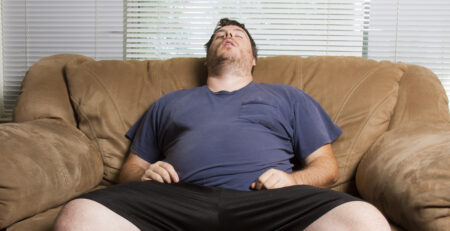
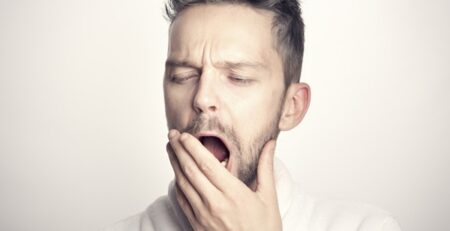
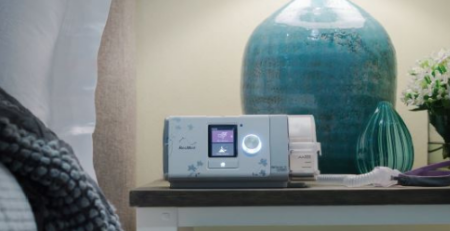
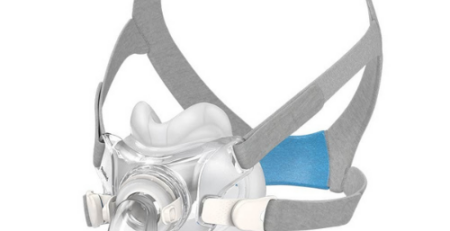
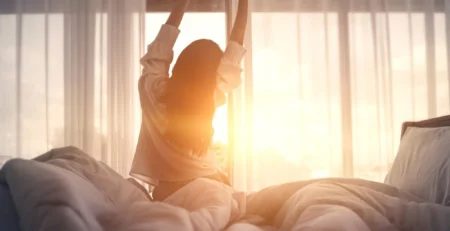
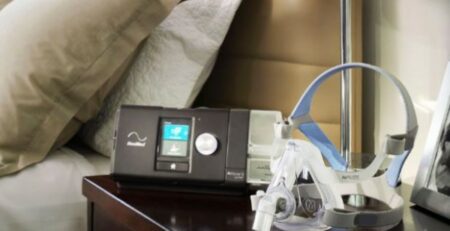
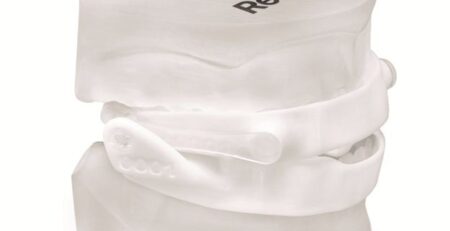

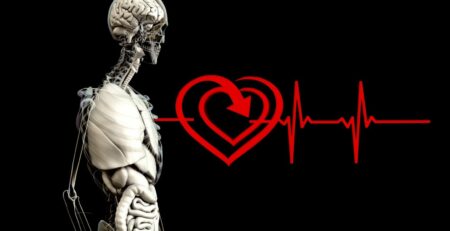
Leave a Reply